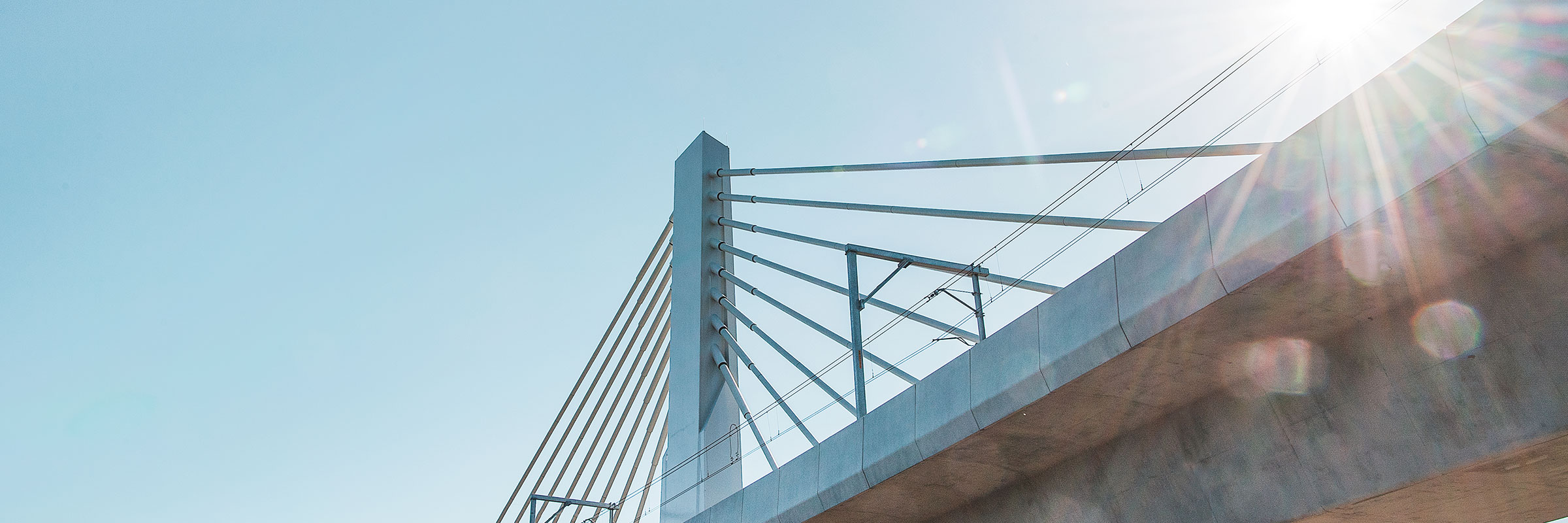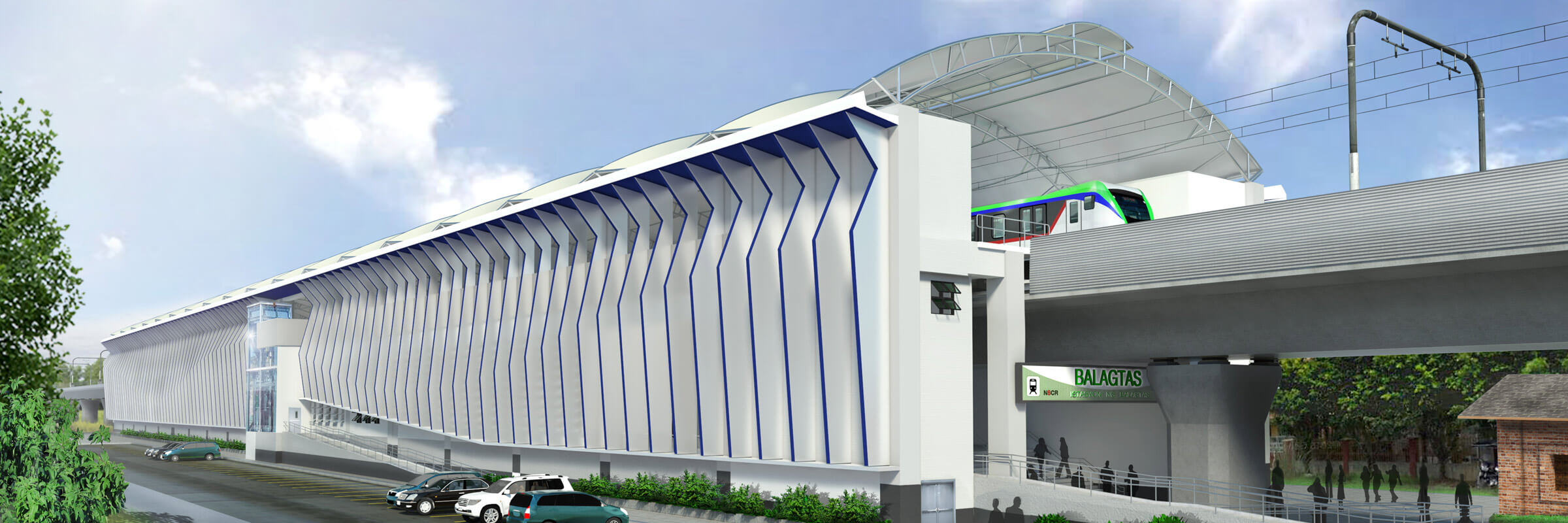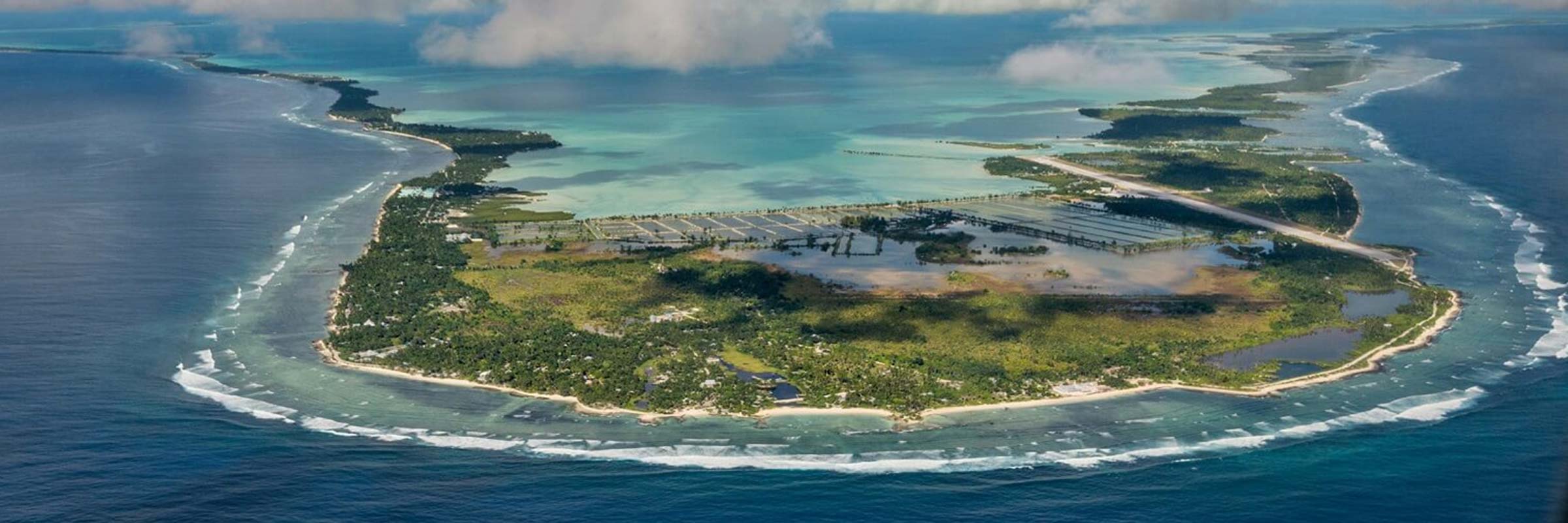With most of the islands only one to two meters (three to six feet) above sea level, Kiribati is one of the world’s most vulnerable countries to the effects of rising sea levels, drought, tides and flooding.
The nation’s capital, South Tarawa, is a series of islets with a total land area smaller than 15 km2. High population density, poor hygiene practices, and inadequate water and sanitation infrastructure and services have contributed to a high prevalence of waterborne disease and degradation of the natural environment.
Since 2012, SMEC has been working closely with the Ministry of Infrastructure and Sustainable Energy (MISE) on the South Tarawa Sanitation Improvement Project. The program is designed to improve public health and reduce chronic water-borne diseases and fatalities, particularly infant mortality, through better access to safe and sustainable water and sanitation services. The project is funded by both the Asian Development Bank (ADB) and the Australian Department of Foreign Affairs and Trade (DFAT).
SMEC has maintained a permanent team on the island since the project started, working to rehabilitate and upgrade the islands’ sewer network infrastructure, three ocean outfalls and other specific sanitation infrastructure. The team has worked hard to overcome numerous challenges including extremely harsh and saline conditions, ocean outfalls to a depth of 30m, limited local capacity, limited utilities and supply of goods, and extremely remote and challenging living conditions.





